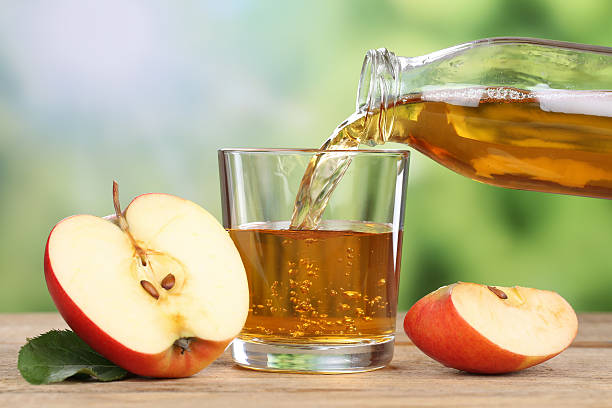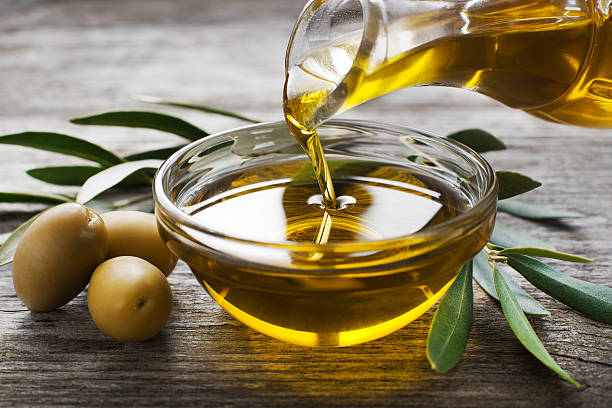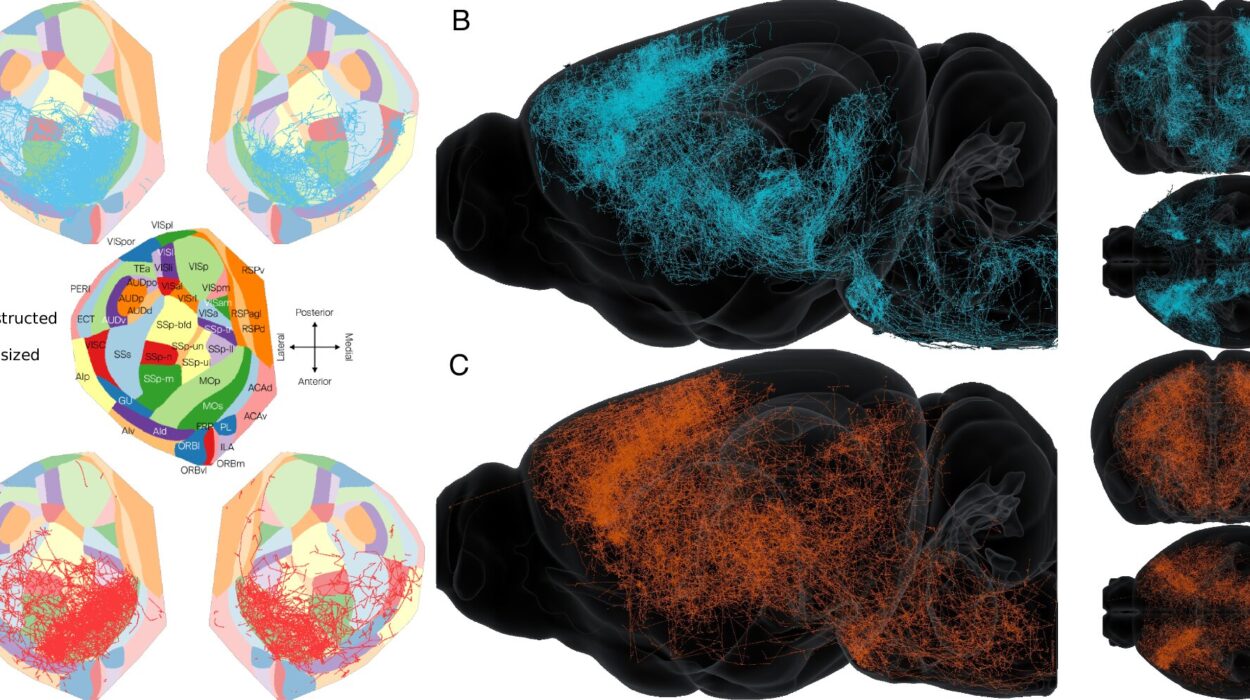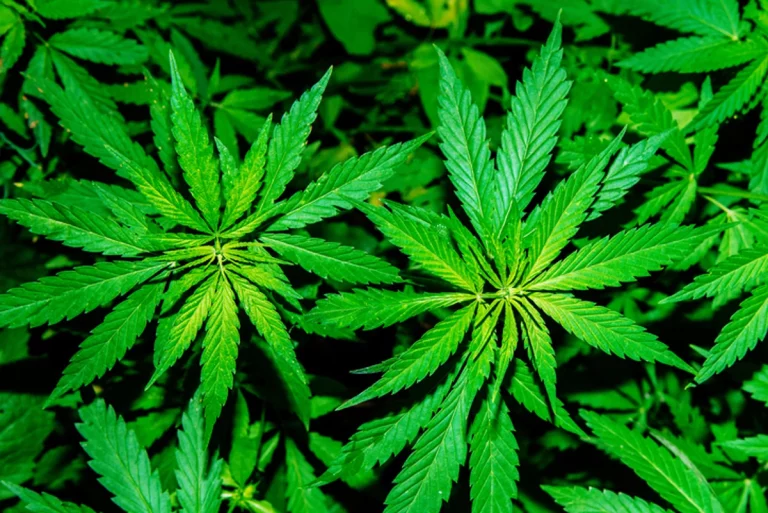Most of us don’t give saliva much thought. It’s just there, quietly doing its job in the background. Yet, a new study led by the University of Portsmouth has revealed that this often-overlooked fluid is far more powerful and resilient than we ever realized. Published in PLOS One, the research examined how something as ordinary as apple juice interacts with our saliva—and the results are both surprising and reassuring.
This study is the first of its kind to use advanced laboratory techniques to measure how apple juice affects the mouth’s natural lubricating film. What the researchers found challenges long-standing assumptions about fruit juices, water, and the delicate ecosystem inside our mouths.
More Than Just Moisture
Saliva may seem simple, but it’s actually a complex and essential defense system. It forms a slippery coating on our teeth, reducing friction when we chew, speak, or swallow. This film doesn’t just prevent discomfort—it also plays a key role in stopping bacteria from sticking to our teeth and in repairing the earliest stages of enamel damage.
For years, dentists have warned about acidic drinks like apple juice, saying they strip away these defenses and cause harm. While this is true with repeated and prolonged exposure, the Portsmouth team discovered that our mouths are better at bouncing back than anyone expected.
Apple Juice, Water, and the Unexpected Twist
In the study, 32 healthy volunteers rinsed their mouths with apple juice for one minute, and the scientists tracked what happened to their saliva. As expected, apple juice temporarily weakened the protective layer. But here’s the surprise: within just ten minutes, saliva’s lubricating powers were already beginning to recover.
Even more astonishing was what happened when participants rinsed with plain tap water. The water initially disrupted saliva’s protective properties more than the apple juice did. Fortunately, saliva bounced back even faster from the water rinse, restoring its strength within minutes.
Dr. Mahdi Mutahar, lead author of the study, admitted the team hadn’t expected these results. “It’s long been believed that apple juice, like other acidic drinks, immediately harms our oral health,” he said. “But our research shows saliva plays a vital role in protecting and quickly repairing the mouth to prevent lasting damage.”
The surprising effect of water was linked to Portsmouth’s mineral-rich tap water, which contains sodium, potassium, and magnesium ions. These minerals interfered with mucins—the key proteins that keep saliva slippery—causing greater short-term disruption than the juice itself.
The Secret Life of Salivary Proteins
To truly understand why these effects happened, the researchers dug deeper into saliva’s protein makeup. They discovered that some proteins, such as immunoglobulins, cystatins, and carbonic anhydrase, dropped significantly after apple juice exposure. These proteins are linked to immune defense and the regulation of acidity in the mouth.
But one protein family stood strong: mucins. These proteins are the main lubricators, forming the silky film that protects teeth and gums. The fact that mucins remained stable even after apple juice exposure highlights saliva’s incredible ability to shield us from lasting harm.
This balance of fragile and resilient proteins opens new doors for oral health innovation. By better understanding these proteins, scientists could design toothpastes, mouthwashes, or even enhanced beverages that support the mouth’s natural defenses.
A Link to the Immune System
Perhaps the most intriguing finding was that apple juice seemed to influence proteins connected to immune function. The temporary reduction in immune-related proteins suggests that what we drink may affect not just oral health but the body’s wider defense systems.
As Dr. Mutahar explained, “What’s new is discovering that what we drink can actually change how our mouth’s immune system works. The ingredients in apple juice may be influencing oral immune defenses, possibly affecting overall immune response in ways we’re only just beginning to understand.”
This raises fascinating possibilities: could our daily drinking habits subtly shape how our immune systems function? It’s a question researchers are only starting to explore.
Rethinking Fruit Juice and Oral Health
So, does this mean apple juice is suddenly safe for your teeth? Not quite. The key message of the study is that occasional exposure isn’t as damaging as once thought, because saliva repairs the disruption so quickly. But repeated exposure—sipping juice throughout the day, for example—could overwhelm saliva’s protective powers, leading to long-term harm.
Dr. Mutahar compares it to a cut on your skin. A small cut heals quickly, but if you keep reopening the wound, it becomes a serious problem. The same goes for enamel: saliva can repair occasional damage, but not if acids are constantly present.
Practical Wisdom for Daily Life
The study doesn’t give us permission to drink fruit juice without care, but it does help us understand how to protect our smiles. Drinking acidic drinks quickly, rather than sipping them for hours, allows saliva to recover. Rinsing with water right after helps wash away lingering acids. Using a straw can minimize contact between juice and teeth. And perhaps most importantly, giving your mouth time to recover between drinks allows saliva’s protective proteins to do their work.
These are simple habits, but they align beautifully with the body’s natural defenses.
A Glimpse Into the Future of Dental Care
The Portsmouth team is already planning follow-up studies. They want to know what happens with repeated juice exposure throughout the day, how different types of water influence saliva, and how apple juice directly affects enamel compared to pure acid.
One exciting avenue is the idea of fortifying drinks with protective proteins. Imagine a fruit juice that not only avoids damaging your teeth but actively strengthens them, by supporting saliva’s natural defenses. This research hints at a future where food and drink aren’t just neutral in dental health but actively beneficial.
A Collaborative Effort Across Disciplines
This research was only possible through collaboration. Dr. Mutahar worked alongside Professor Anwesha Sarkar from the University of Leeds, a leading expert in food-saliva interactions. By blending dental science with material science and engineering techniques, the team uncovered insights no single field could reveal alone.
As Professor Sarkar noted, “By combining the knowledge of the dental team in Portsmouth with my expertise in material science, we have opened up new areas of possibility when it comes to protecting our teeth with our very own, highly potent saliva.”
It is a powerful reminder that progress in science often comes when boundaries between disciplines dissolve, allowing fresh perspectives to emerge.
The Silent Hero of Oral Health
Saliva may not be glamorous, but it is a silent guardian—protecting our teeth, supporting our immune system, and constantly repairing the tiny battles fought inside our mouths. This study reminds us of just how remarkable it is.
Apple juice may challenge our defenses, and even water may disrupt them briefly, but our saliva bounces back, stronger than we thought. The message is hopeful: our bodies are not fragile in the face of everyday challenges. They are resilient, adaptable, and quietly heroic.
As research continues, one thing is clear: saliva deserves more respect. The next time you sip a drink, take a moment to appreciate the unseen shield at work in your mouth. It is not just moisture—it is nature’s way of keeping your smile alive.
More information: Short-term effects of sweetened acidic beverages consumption on human saliva: Colloidal properties and protein composition, PLOS One (2025). DOI: 10.1371/journal.pone.0330023






